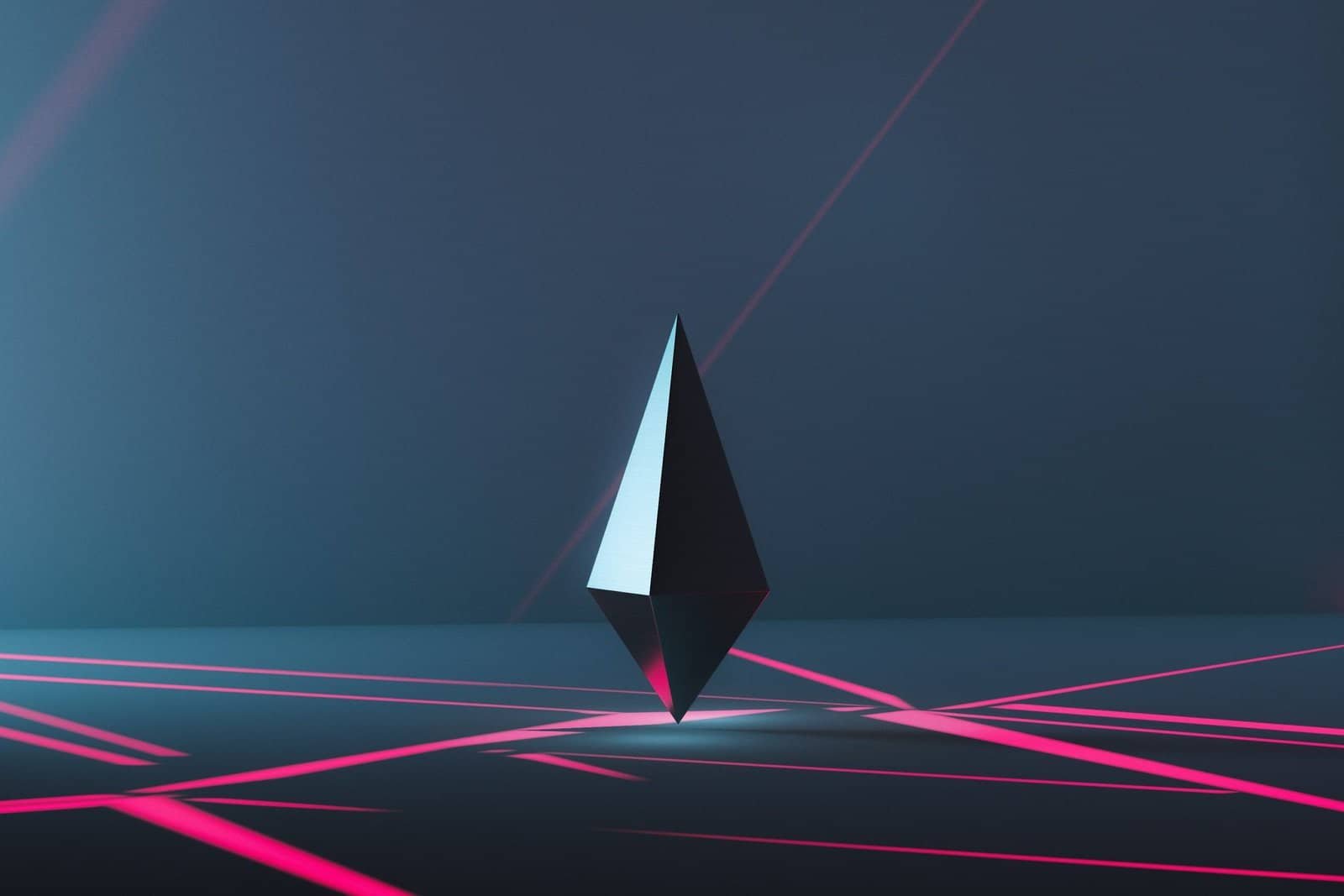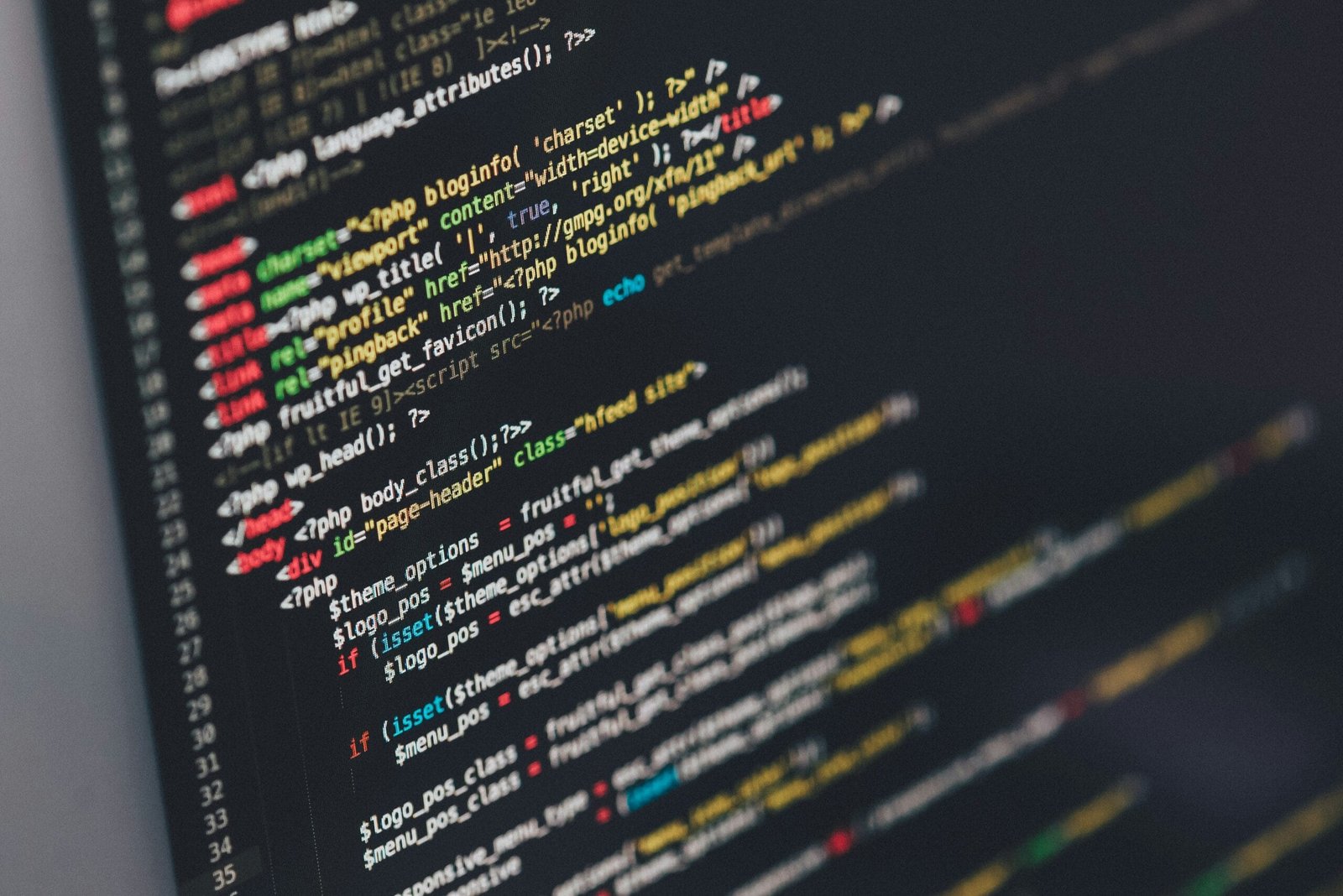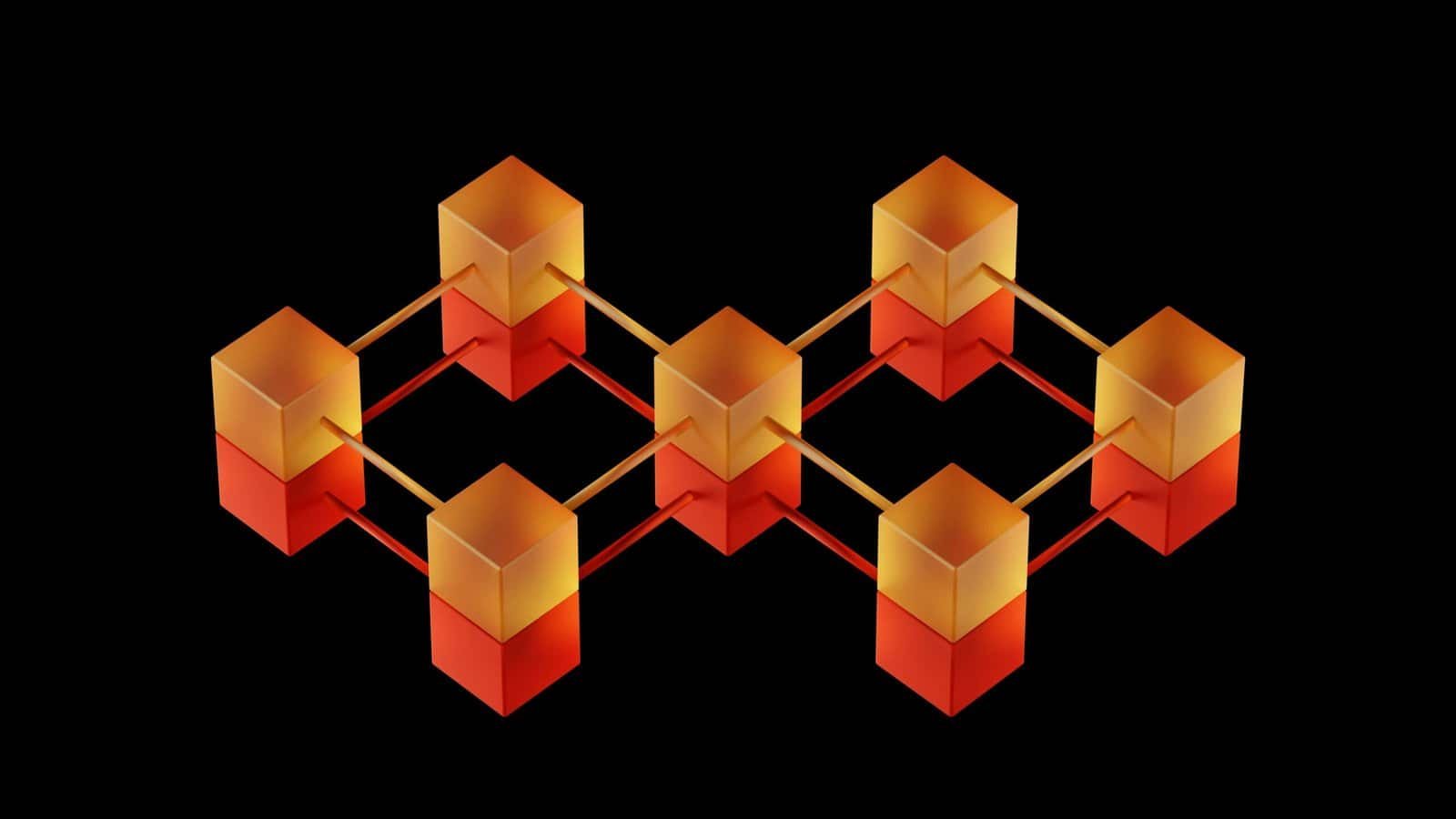Have you ever thought about what lies behind the technology that powers cryptocurrencies like Bitcoin or Ethereum, or how video games create seamless virtual worlds? If so, the roles of a blockchain developer and a video game tester might just intrigue you. These are two distinct areas of expertise, yet each plays a crucial role in the digital landscape we navigate today.
Understanding the Role of a Blockchain Developer
A blockchain developer is like a digital architect who designs innovative structures in the virtual space. Their primary job is to develop and optimize blockchain protocols, craft the architecture of blockchain systems, and build smart contracts and applications based on blockchain technology. But there’s more to being a blockchain developer than meets the eye.
Unlocking the Basics of Blockchain Technology
To truly grasp what a blockchain developer does, it’s essential to understand the basics of blockchain technology. Blockchain is essentially a distributed database or ledger that is shared among the nodes of a computer network. As a database, a blockchain stores information electronically in a digital format. This allows for secure, transparent, and tamper-proof record-keeping.
The Importance of Blockchain in Today’s World
Blockchain technology is transforming industries with its potential to offer increased security, transparency, and efficiency in processes. From banking and supply chain management to healthcare and real estate, blockchain provides innovative solutions to age-old problems. Its decentralized nature also ensures that no single entity has control, fostering a new level of trust in digital interactions.
What Skills Make a Great Blockchain Developer?
Embarking on a career as a blockchain developer requires a fusion of skills. Technical expertise, problem-solving, and creativity are just the beginning. Let’s unpack the specific skills that make a proficient blockchain developer.
Proficiency in Programming Languages
The backbone of blockchain development rests on strong coding skills. Languages such as Solidity, C++, Python, and JavaScript are commonly used. Solidity, for instance, is used specifically for writing smart contracts on the Ethereum blockchain. A solid understanding of these languages is necessary for creating efficient and secure systems.
Understanding of Cryptography
Cryptography is the science of securing communication and information. Knowledge of cryptographic techniques is crucial for blockchain developers, helping them to ensure data security and integrity, central tenets of blockchain technology.
Familiarity with Blockchain Platforms
Different blockchains have unique features and applications. A successful developer should be well-versed in key platforms such as Ethereum, Hyperledger, and Binance Smart Chain, among others. This knowledge allows developers to choose the right tools for different projects and leverage the specific advantages of each platform.
Problem-Solving and Analytical Skills
Blockchain technology is continually evolving, and developers often face challenges in protocol design or implementation. Being an excellent problem solver, who can analyze complex issues and develop innovative solutions, is indispensable.

The Exciting World of Smart Contracts
Smart contracts are immutable programs that run on the blockchain. Think of them as digital contracts with the terms of the agreement directly written into code, functioning automatically once conditions are met. They revolutionize transactions by eliminating the need for intermediaries. As a blockchain developer, crafting efficient and secure smart contracts is a core responsibility.
Smart Contract Use Cases
The potential applications for smart contracts are numerous. They can be used in diverse fields such as finance for automating loan agreements, in supply chains for tracking inventory, and even in legal areas for simplifying complex agreements. Understanding these applications can help developers create more targeted and effective solutions.
Transitioning from Enthusiast to Professional
If this field fascinates you and you’re considering it as a career path, you might wonder about the journey from being an enthusiast to a professional blockchain developer. The transition involves a mix of education, real-world experience, and community involvement.
Educational Pathways
Many blockchain developers come from backgrounds in computer science, information technology, or software engineering. However, specialized courses and certifications in blockchain are becoming increasingly popular and provide a focused approach to learning the necessary skills.
Hands-On Experience
Nothing beats real-world experience. Contributing to open-source projects, collaborating with seasoned developers, or even developing your blockchain solutions can provide invaluable practical insights and skills.
Engaging with the Blockchain Community
Engaging with the blockchain community can provide opportunities for networking, mentorship, and staying updated with industry trends. Forums, webinars, and blockchain-based events or hackathons are all platforms where you can learn and grow.

Exploring the Role of a Video Game Tester
Switching gears to a different, yet equally fascinating world is the domain of a video game tester. While it might sound like a dream job to many avid gamers, being a tester is more about rigor and reporting than endless hours of play.
Defining the Responsibilities of a Video Game Tester
A video game tester is responsible for playing a game under development to ensure its quality before release. This includes identifying bugs, verifying gameplay mechanics, testing user interface, and ensuring the game performs as expected.
Attention to Detail and Patience
Great testers possess a keen eye for detail and the patience to repeat game scenarios endlessly to identify subtle glitches and inconsistencies, ensuring the end product delivers a seamless user experience.
Reporting and Communication Skills
Once a bug or inconsistency is found, testers must communicate these issues to developers clearly and concisely. Documentation is a big part of a tester’s role, as thorough reports are necessary to help the development team reproduce and fix the problems.
Importance of Video Game Testing in Game Development
Testing is a crucial phase in game development. It’s the quality assurance that ensures games meet the high standards expected by players worldwide. It saves development time by catching errors early and helps developers create a polished, bug-free product.
Evolution of Game Testing Techniques
Over the years, game testing has evolved from simple play-throughs to more sophisticated testing techniques, including automated testing and usability checks. Adaptation to these evolving methods is essential for maintaining a competitive edge in the industry.

Building a Career in Game Testing
Like blockchain development, game testing requires a blend of passion, skills, and commitment to quality. Whether you’re starting or aiming to advance in this field, being equipped with certain skills can set you apart.
Love for Gaming and Technical Acumen
A genuine passion for games is a given, but what sets a professional tester apart is their technical acumen. Understanding game mechanics, coding basics, and player psychology lets you anticipate how games should work and identify when things are off-key.
Continuous Learning and Adaptability
The gaming industry is dynamic, with new platforms and technologies emerging regularly. A dedication to continuous learning and adaptability allows testers to stay at the forefront of these changes, offering insightful feedback valuable to developers.
Comparing and Contrasting the Two Professions
While blockchain developers and video game testers operate in different realms, they share common threads essential to their roles. Both require a high level of attention to detail, problem-solving skills, and a commitment to ongoing learning in their respective fields.
Career Paths and Opportunities
In terms of career progression, blockchain developers might move into roles such as blockchain architects or consultants. In contrast, video game testers might advance to roles like quality assurance leads or game designers. Each career path offers unique opportunities and rewards.
| Skill/Quality | Blockchain Developer | Video Game Tester |
|---|---|---|
| Technical Expertise | Programming, Cryptography, Platforms | Game Mechanics, Basic Coding |
| Attention to Detail | High: Protocol and Security Focus | High: Bug Identification |
| Communication Skills | Moderate: Focused on Reports | High: Bug Documentation |
| Career Progression | Architect, Consultant | Quality Assurance Lead, Designer |
| Industry Evolution | Rapidly evolving with New Innovations | Dynamic with New Platforms |

Final Reflections
Choosing between becoming a blockchain developer or a video game tester depends on where your passions lie and where you see yourself contributing in the digital world. Whether you’re building cutting-edge blockchain solutions that could redefine global industries or ensuring that the next best-selling game is free from flaws, both roles offer immense satisfaction and a chance to leave a mark in their respective fields.
Embracing the journey of learning, facing challenges head-on, and collaborating with like-minded individuals will pave the way for success. As technology continues to advance, the future holds endless possibilities for those in the fields of blockchain development and video game testing. Consider where you can best combine your skills, passion, and curiosity, and you’ll likely find a career path that’s rewarding and fulfilling.
